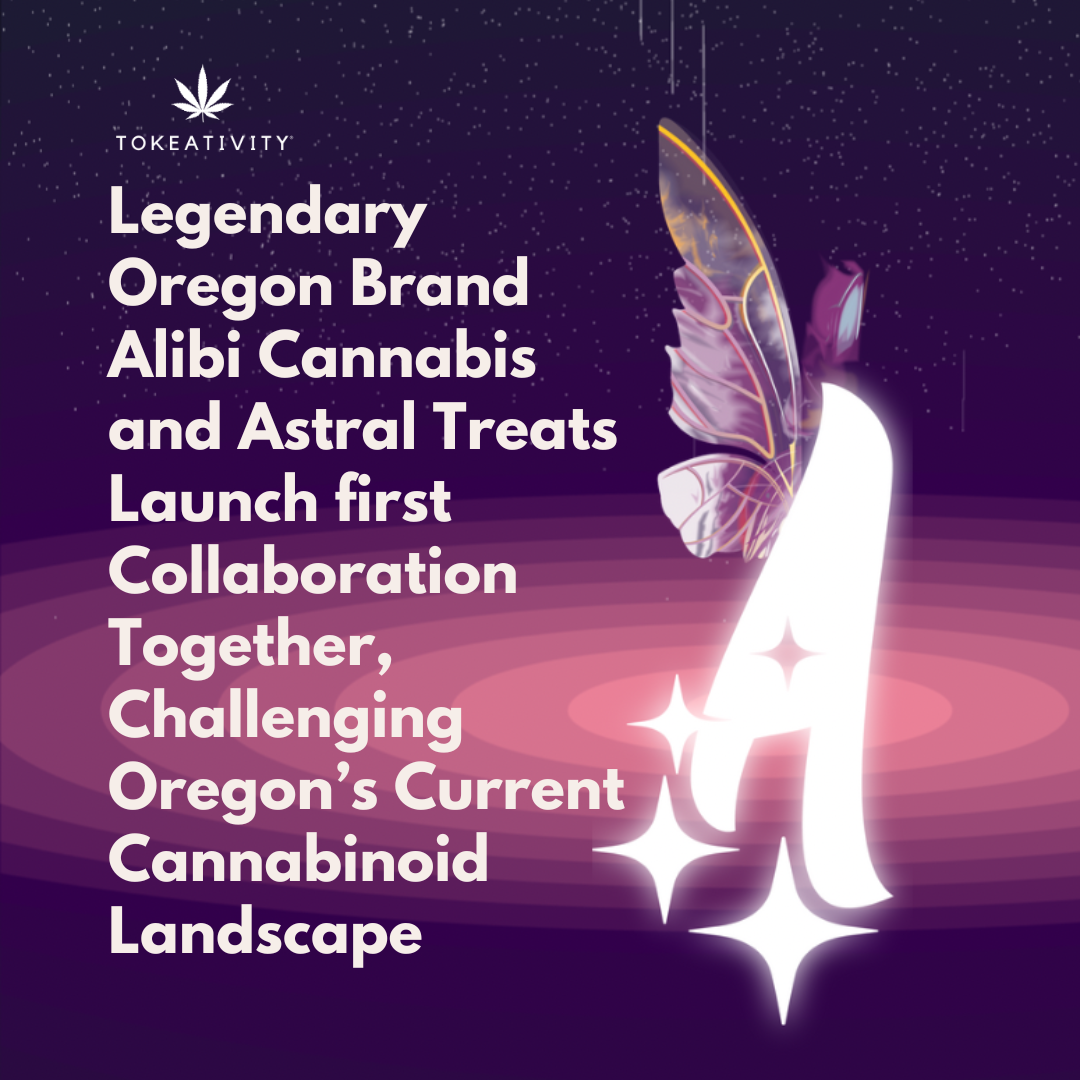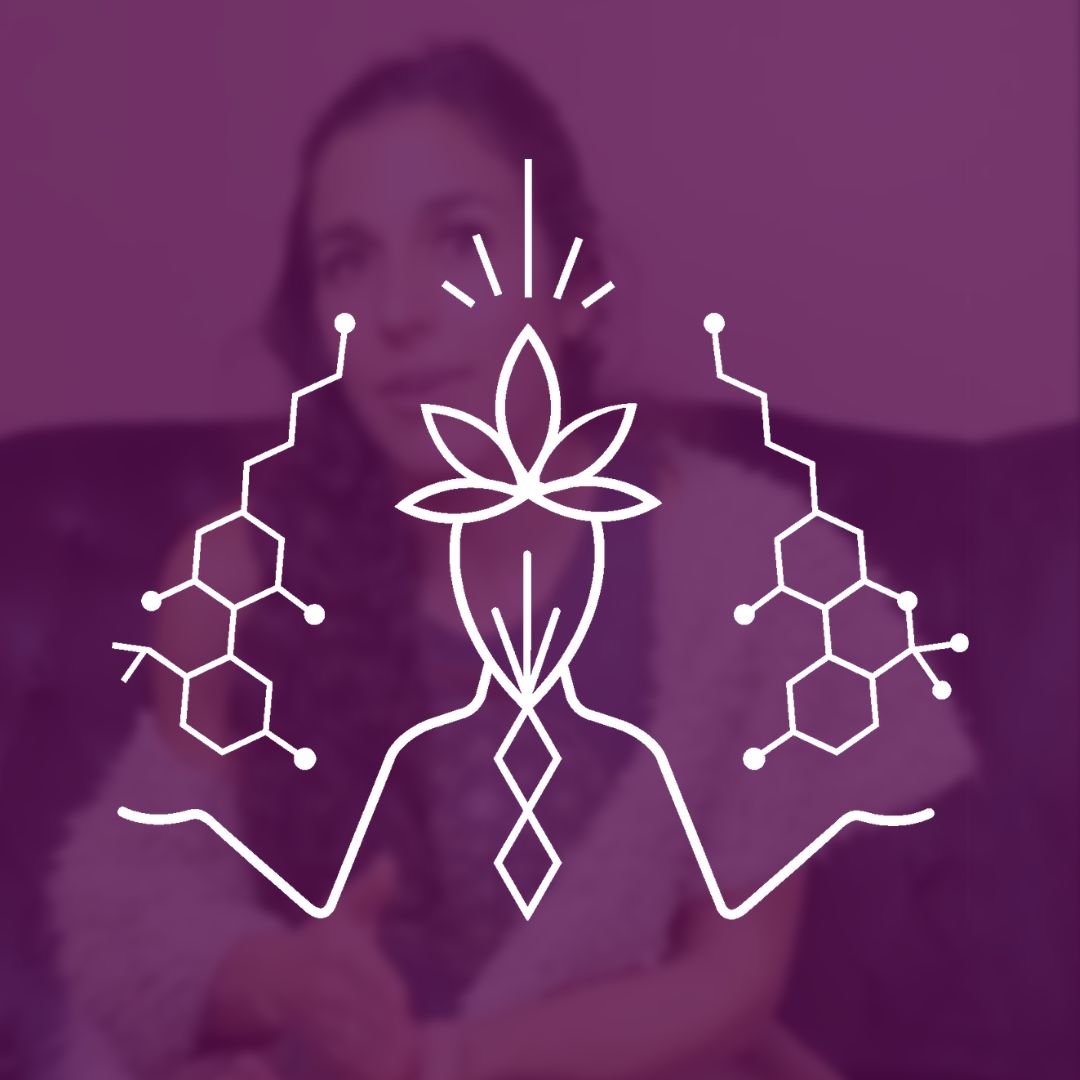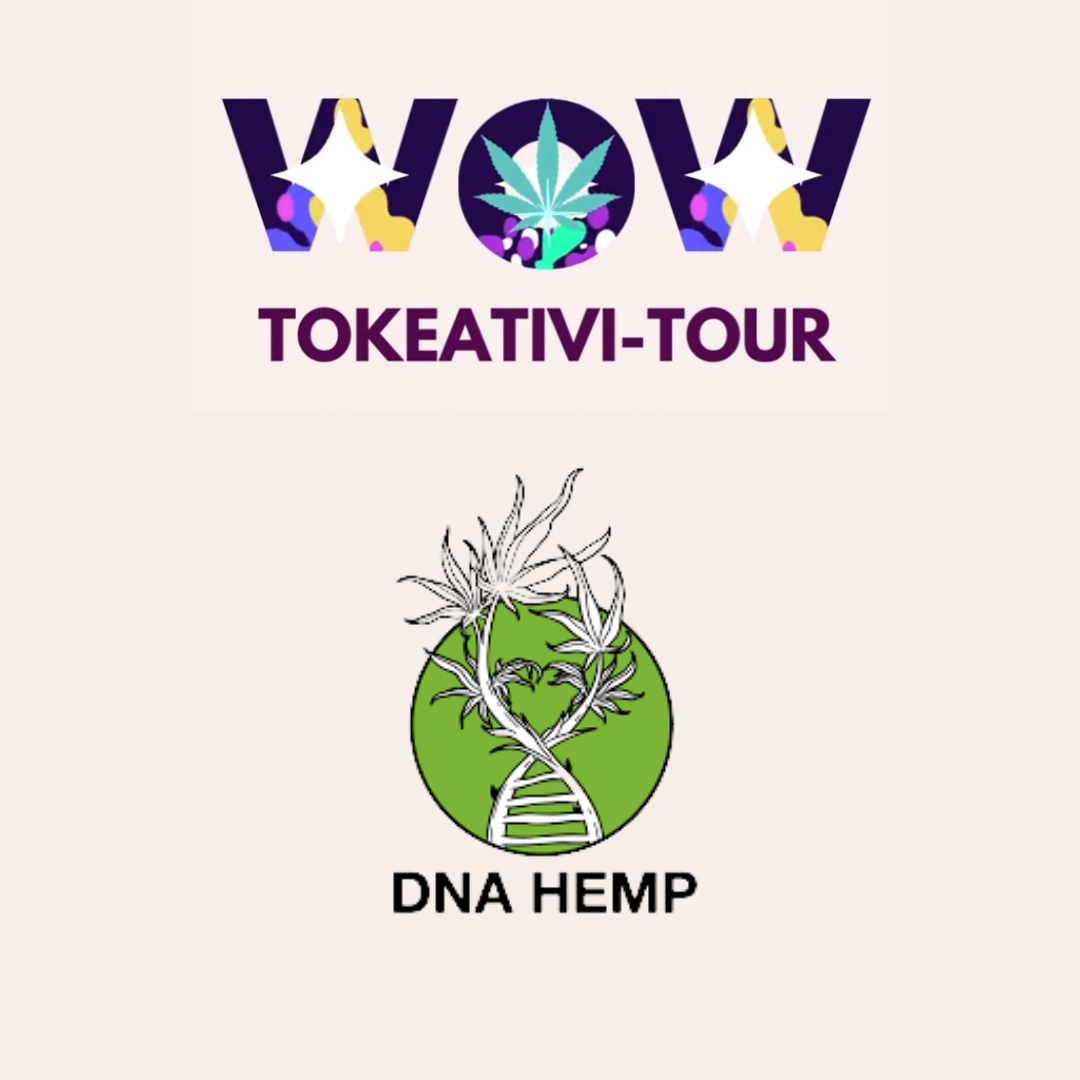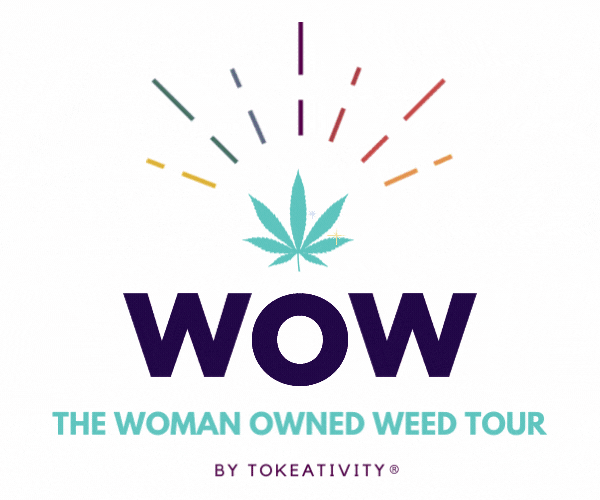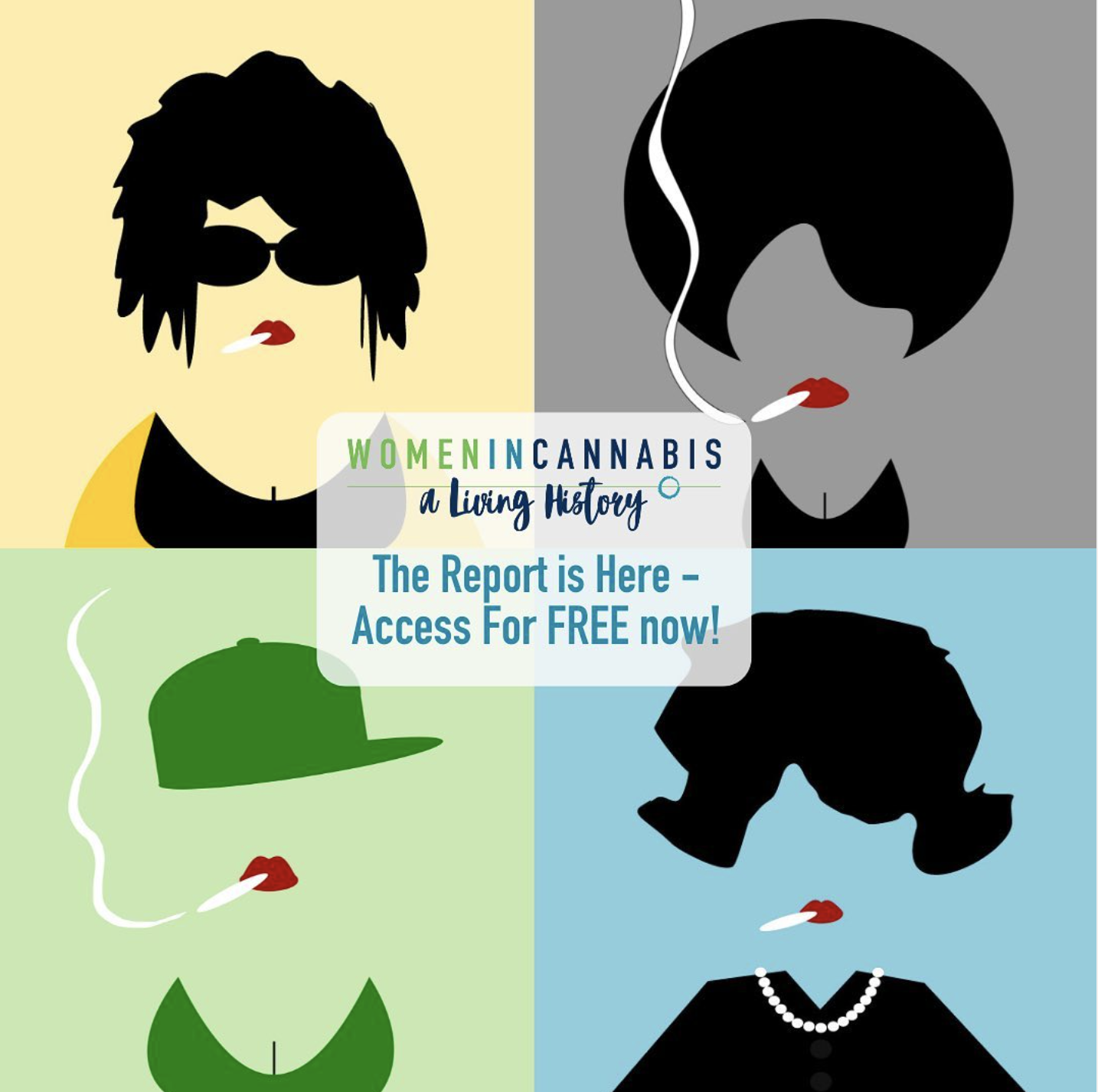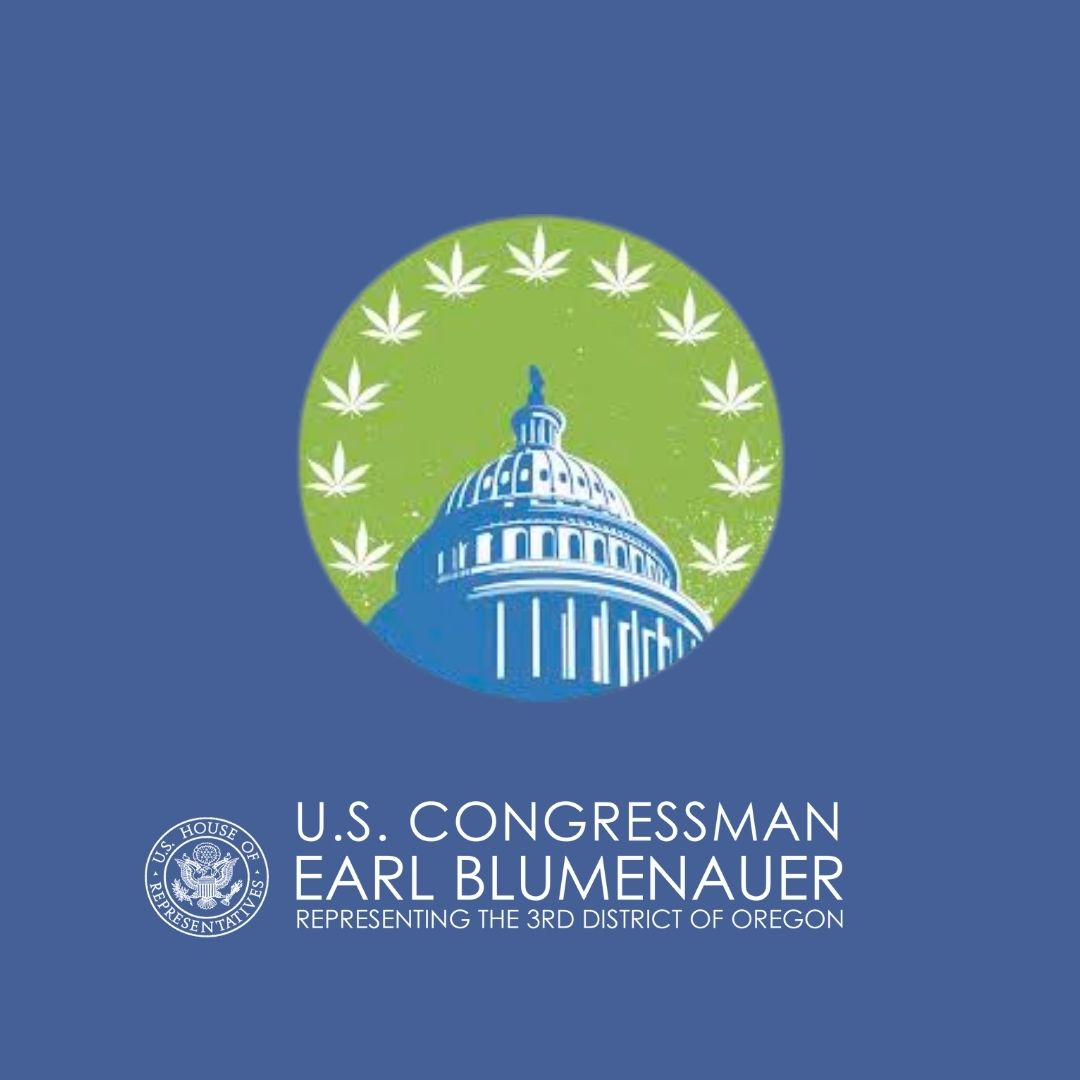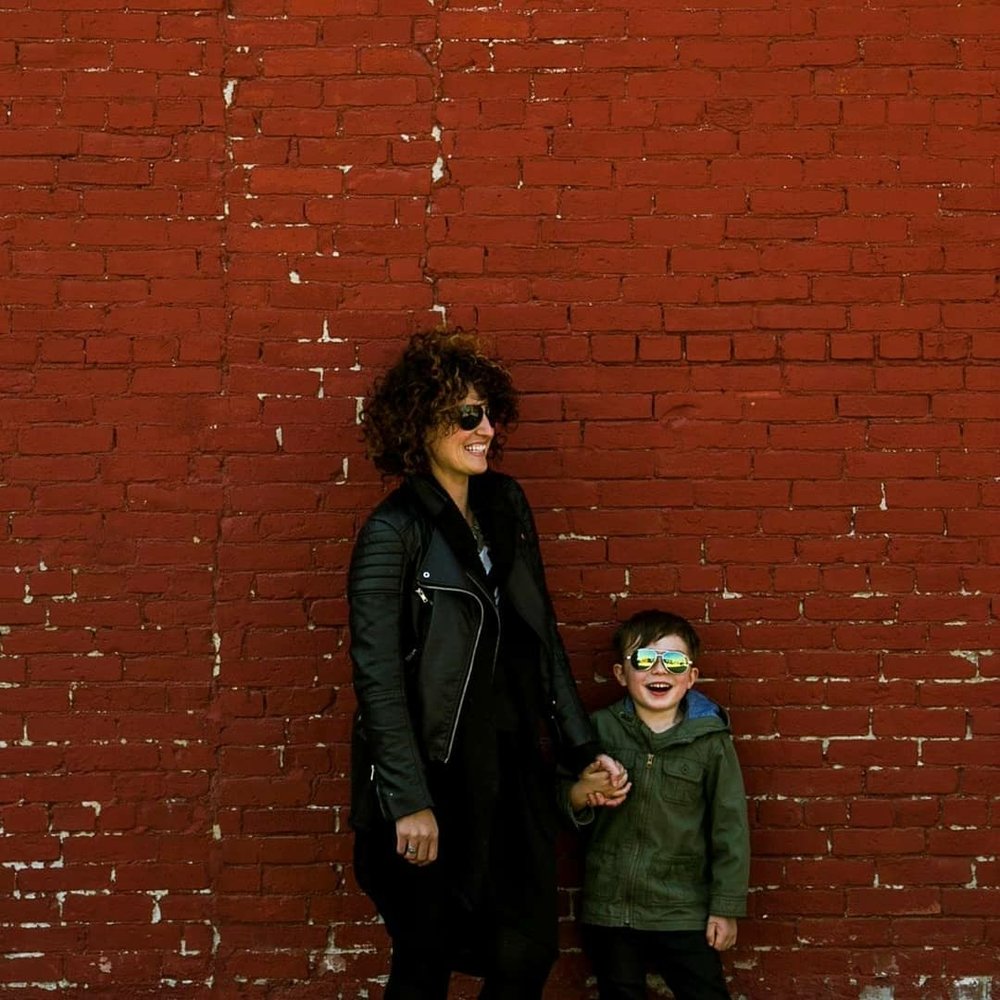Social Equity Policy Initiatives in Cannabis Are All the Buzz… But, What Defines Equitable Policy?
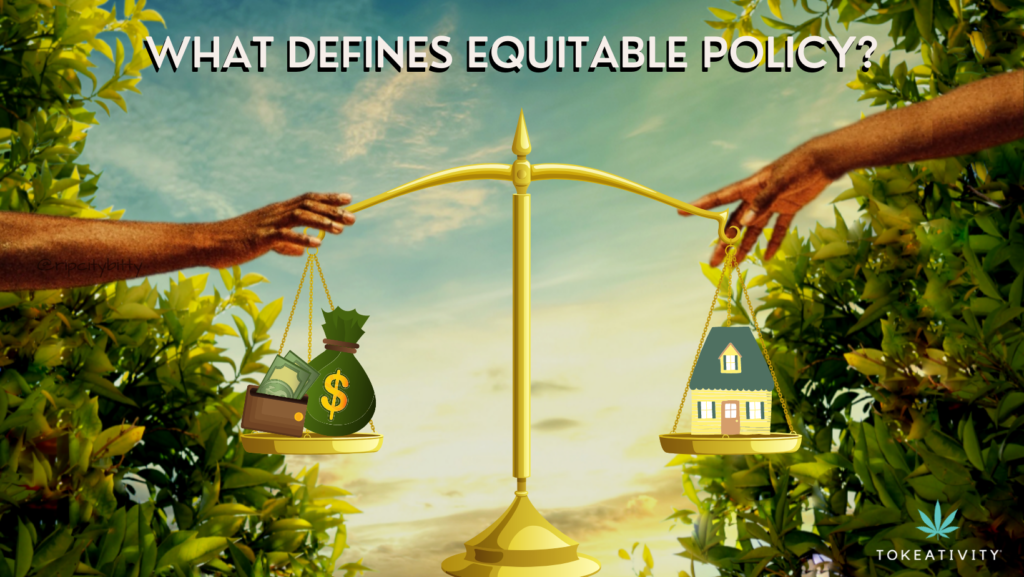
THE COMPLEXITIES OF SOCIAL EQUITY
I started this project looking to make a list of “The Top 10 Equity Bills and Initiatives” being implemented around the country and quickly discovered that claims of equitable legislation live on a pretty broad spectrum. So what is equity, exactly, and how do we ensure it through policy?
WHAT IS SOCIAL EQUITY
Equitable cannabis policy acknowledges that historically persecuted populations have limited access to the knowledge, money, and support they need to successfully conduct business within the cannabis industry. Equity focuses on dividing resources proportionally to the needs of those involved in order to achieve a fair outcome, so any equitable program must provide a boost into the industry for people who may not have the same capital, connections, or education as their white, male, able-bodied counterparts. According to the Social Equity Legislation in Cannabis: A National Study of State and Local Programming, “less than ⅕ of cannabis business owners identify as being a person of color” and 100% of the respondents to this study said that state and local governments aren’t doing enough to change this.
It’s not enough to simply expunge the records of folks who faced criminal charges for marijuana possession, while that is an important step, it leaves the rest of the staircase totally unaccounted for. Equitable drug policy means undoing the harms caused by the War on Drugs and offering direct and specific support to the people most impacted by marijuana prohibition, disproportionate arrests, and incarceration. Programs that aim to be equitable must include a pathway to prosperity that creates opportunities for Black, Latinx, Indigenous, Asian, Pacific Islander and other people of color who face economic marginalization and have been most profoundly impacted by the failed drug war.
HOW EQUITY IS BEING LEGISLATED
“Without considering real estate support, legal support, securing operating capital (without losing equity), normalization campaigns, and a focus on real community reinvestment, social equity programs will not be able to support economic development in disproportionately impacted communities.” – Timeka Drew, operating social equity license holder and seasoned cannabis industry executive
Establishing equity through legislation requires a nuanced understanding and a truly holistic approach. It must account for access to funding, specialized licensing programs, ongoing training and professional support, and reinvestment into black and brown communities.
Access to Capital
The Social Equity Legislation in Cannabis: A National Study of State and Local Programming surveyed equity programs and operators about the barriers that prevent entry into the industry, “100% of the respondents said that access to capital was the biggest need and challenge.” The study goes on to say that access to fairly structured capital, in non-predatory form, is essential,
‘It is crucial that social equity applicants have access to start-up and ongoing funding… in order to survive.” Examples of funding include reducing or eliminating application fees, grants, low or no interest loans, free rent, and rent assistance.
Licensing
“”Equity applicants” are a very specific form of equitable policy that is supposed to be narrowly targeted toward ensuring the ownership of the legal industry includes those who have been disproportionately impacted. Because of crony capitalism making licenses very limited, we have to force the government to allow us to own our piece through the law, which mandates a certain number or % of licenses go to impacted people.”” – Jason Ortiz, Minority Cannabis Business Association
There is no one single way to set eligibility for equity applicants, each state and locality devise different ways of determining specific eligibility requirements. Most legislation requires equity applicants to have long-term residency in certain zip codes that had high numbers of cannabis-related arrests, a maximum income, and to have had a cannabis-related conviction or arrest. Equity applicant eligibility should be specific and tailored to the context of the community in which it is being implemented.
*** Don’t miss Timeka Drew’s talk about “How to Apply for an Equity Lisence” streaming live from the Pride & Equity Tokeativity Social happening on Saturday, June 12. RSVP for free today!
Professional Support
“Equity applicants are by definition impacted individuals who are often expected to have a level of business acumen that’s comparable to an MBA. If an equity applicant doesn’t have the resources to properly vet a predatory operating agreement or what it takes to stand up a business, then how are they supposed to have a shot at retaining any upside let alone open their doors?” – Hilary Yu with Our Academy
It is imperative that programs provide equity applicants with direct support throughout the process of application and continued mentorship into business ownership. Examples include: professional support in navigating the application process, education on ownership rights to prevent exploitation, business coaching, mentorship, and ongoing access to training, and legal services.
Community Reinvestment
“The War on Drugs devastated communities by stealing opportunities connected to jobs, housing and education. Without projects and funding focused specifically on addressing these harms created by racist and classist policies, social equity programs will continue to fall short in connecting the dots between the wrongs created by the War on Drugs and the revolutionary concept of an industry that is invested in righting those wrongs.” – Timeka Drew, operating social equity license holder and seasoned cannabis industry executive
Because the harms of the drug war have been so exhaustive and far-reaching, there is a great need for expansive and in-depth reinvestment into black and brown communities. Equity programs use their platform to ensure the reallocation of cannabis tax revenue be funneled into impacted communities in the form of direct investment. Funding for restorative justice, equal education, access to health care, affordable housing, and home ownership, etc…
IMPACT AND RESPONSIBILITY
White folks who have benefited from the use of cannabis or profited off of a legal cannabis market should be using their privilege to advocate for those most harmed by the War on Drugs. This is an opportunity to repair the damage that was done. Legalization cannot be equitable unless it starts off as equitable, the intention is to give the communities most impacted by prohibition a head start in an industry that will take off. Utilize our platforms and privilege to increase awareness, get involved politically, share generational wealth, invest in a support structure to help Black, Latinx, Indigenous, Asian, Pacific Islander and other people of color prosper in this community.
CONCLUSION
I’m writing this piece to leverage my whiteness and my access to social capital to encourage Tokeativity members to understand and support equitability within the cannabis industry as legalization sweeps across the United States. It’s important to acknowledge that cannabis equity legislation can only do so much; we must work together to create pathways to prosperity in all aspects of our society. It’s overdue, but I’m excited to see the cannabis-loving community upholding this conversation and doing something about it. The attention being paid to equity and the diligent activists of color refusing to settle for anything less has me feeling hopeful about the impact this industry will have in this world. So look into what’s happening in your state and in your community and get involved! I’ll end this piece with a reflective statement from the cofounder of The Social Impact Center, Kristen Lovell:
“Social Equity is a struggle that may not ever be won, but must alway be fought for. There are 48,000 collateral consequences of a conviction. Simple things, like housing, employment, and voting rights are affected when an individual undergoes incarceration. Families are broken. Education is withheld. Neighborhoods terrorized. Black and brown bodies profiled. Lives change course forever. There might never be adequate reparation, but healing from the War on Drugs is a process we must all dedicate ourselves to if we wish to consider ourselves cannabis community members. You can be a colonist or a community member. A community member can not fight for licensing without expungement, or for banking without refunding recompension, or for taxation without community reinvestment.” – Kristen Lovell, long time cannabis activist and head of brand at Biko Flower




